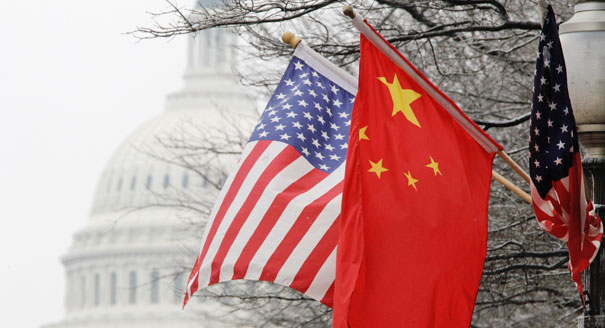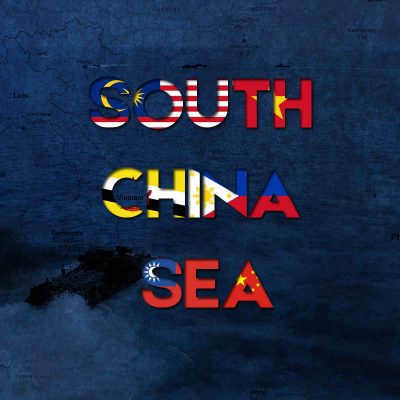Sino/US relations are less than cordial. Beijing justifiably rejects Washington wanting dominion over part of the world not its own – its longstanding imperial agenda, intruding where it doesn’t belong, belligerently at its discretion.
Obama and Chinese leader Xi Jinping met on the sidelines of the fourth Nuclear Security Summit (NSS). Issues discussed included Beijing’s sovereignty over its offshore waters and territories, notably its rights in the South China Sea.

Originally appeared at Globalresearch
Obama asserting what he called “significant (US) interests in the Asia-Pacific region” was code language for Washington wanting regional dominance, directly challenging Beijing, including its right to develop and protect its offshore waters and territories.
“China will firmly safeguard the sovereignty and related rights in the South China Sea,” said Xi.
It “respects and safeguards the freedom of navigation and overflight other countries are entitled to under international law, (but does) “not accept any freedom of navigation as an excuse to undermine China’s sovereignty and national security interests.”
Washington uses the pretext of “freedom of navigation” to asset its Paific presence, aggressively advancing its military footprint, risking direct confrontation with China.
Beijing claims sovereignty of the Nansha Islands and surrounding waters. While not intending to militarize them, it maintains the right to install defensive missiles, while expressing serious concern over Washington’s provocative regional military activities.
Xi reportedly told Obama Beijing firmly opposes Washington installing advanced anti-missile Terminal High Altitude Area Defense (THAAD) systems on the Korean peninsula – on the pretext of countering a nonexistent North Korean threat.
It considers THAAD “a threat to its strategic and security interests,” according to its military spokesman Hong Lei.
Russia’s ambassador to China Andrey Denisov said THAAD “creates considerable challenges to the security of other countries, including” Moscow.
Russia isn’t attending the NSS, Putin spokesman Dmitry Peskov, saying “Moscow considers that working on issues linked to nuclear security demands common and joint efforts and mutually taking into account interests and positions.”
“We faced a certain lack of cooperation during the preliminary stage of working on issues and topics of the summit. That’s why in this case there is no participation of the Russian side.”
Russian Foreign Ministry spokeswoman Maria Zakharov explained “the political agenda of these summits is exhausted. There are no objectively emerging breakthrough solutions in international cooperation on nuclear security that require the involvement of heads of state and government.”
Washington wants this year’s fourth and final NSS to assert greater control over the IAEA, the Global Initiative to Combat Nuclear Terrorism and other international agencies.
Zakharova called interfering in their work unacceptable. “In this connection, (Putin) terminate(d) our participation in preparing for the 2016 summit,” she explained.
It concludes on April 1. Expect nothing accomplished to reduce the threat of possible nuclear war.
Major global security differences divide Sino/Russian and US positions. Beijing and Moscow prioritize world peace. Washington threatens it.
Stephen Lendman lives in Chicago. He can be reached at lendmanstephen@sbcglobal.net.
His new book as editor and contributor is titled “Flashpoint in Ukraine: US Drive for Hegemony Risks WW III.”
http://www.claritypress.com/LendmanIII.html
Visit his blog site at sjlendman.blogspot.com.
Listen to cutting-edge discussions with distinguished guests on the Progressive Radio News Hour on the Progressive Radio Network.




